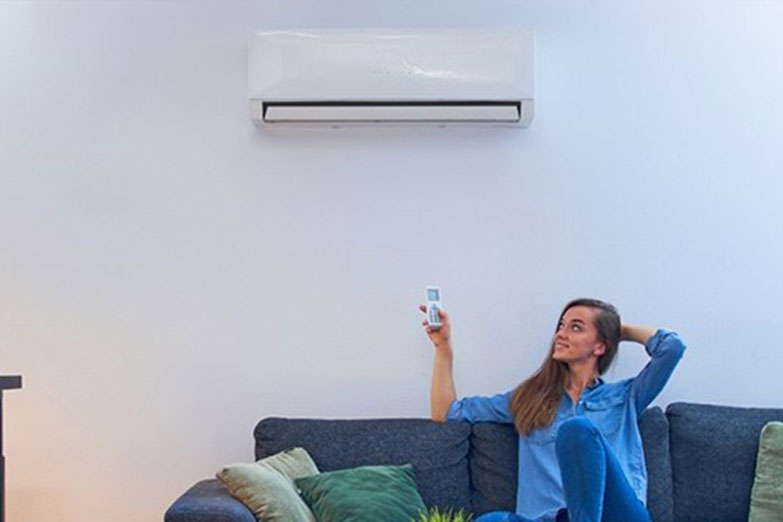Blog
Myths and facts: air conditioning and its impact on health

Air conditioning is almost essential in modern homes and offices, especially during the hot summer months. In addition to providing a comfortable environment, air conditioning also has an impact on our health. In this article, we look at some common myths and facts about air conditioning and its impact on health.
Myth no. 1: Air conditioning causes colds.
Many people believe that air conditioning causes colds. But the truth is that colds are caused by viruses, not the air conditioning itself. However, if the room temperature is too low or if you frequently switch between extremely cold and warm environments, this can weaken your immune system and increase the risk of infections.
Fact no. 1: Air conditioning can improve air quality.
Modern air conditioners are equipped with advanced filters that remove dust, pollen, mold and other allergens from the air. This improves indoor air quality, which is especially beneficial for people with allergies or asthma. Regular maintenance and cleaning of the filters is key to maintaining this advantage.
Myth no. 2: Air conditioning is harmful to the skin.
There is a belief that air conditioning dries out the skin and causes skin irritation. While it’s true that air conditioning can reduce humidity, the proper setup and use of a humidifier can minimize this problem.
Fact no. 2: Air conditioning can help with respiratory problems.
In hot and humid conditions, moulds and bacteria multiply, which can worsen respiratory problems. Air conditioning maintains temperature and humidity at optimal levels, reducing the risk of mould and bacterial infections. It can be beneficial for people with chronic respiratory diseases such as asthma or bronchitis.
Myth no. 3: Air conditioning is non-environmental and uneconomical.
Some people believe that air conditioning is not environmentally friendly and consumes a lot of energy. However, modern air conditioners are designed to be energy efficient. They use eco-friendly refrigerants and have a high SEER (Seasonal Energy Efficiency Ratio) rating, which means they use less energy to achieve the desired cooling effect.
Fact no. 3: Air conditioning can increase productivity.
Studies show that optimum temperature and air quality can have a significant impact on productivity and comfort. In too warm an environment, concentration and performance may decrease. Air conditioning helps to maintain a stable and comfortable temperature, which contributes to higher productivity and well-being.
Conclusion:
Air conditioning has many benefits that go beyond simply cooling a space. It improves air quality, helps with respiratory problems and can even increase productivity. However, it is important to set the temperature correctly, maintain the equipment regularly and ensure sufficient humidity. If you have any doubts about the impact of air conditioning on your health, consult a professional so that you can take full advantage of its benefits without negative impacts.


